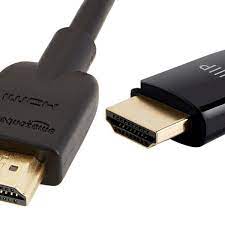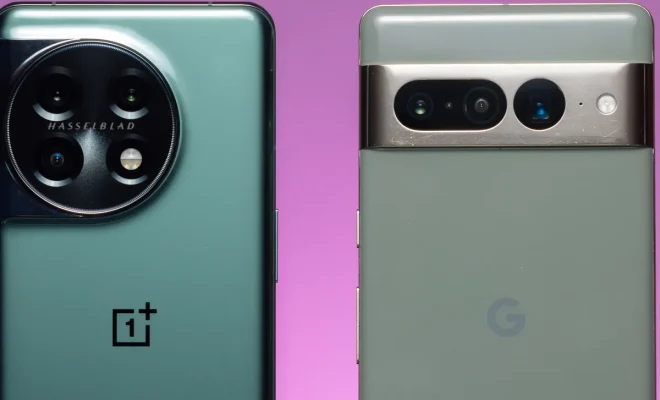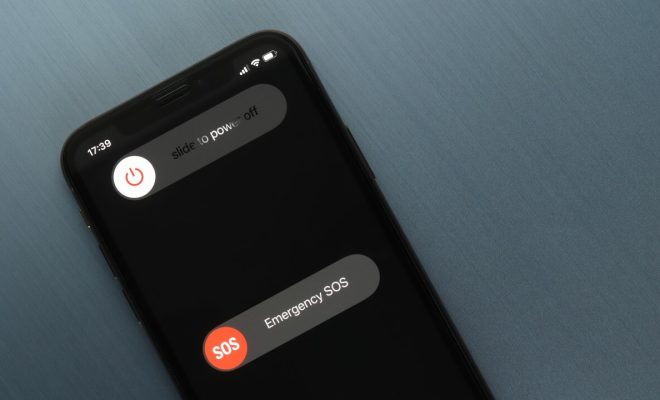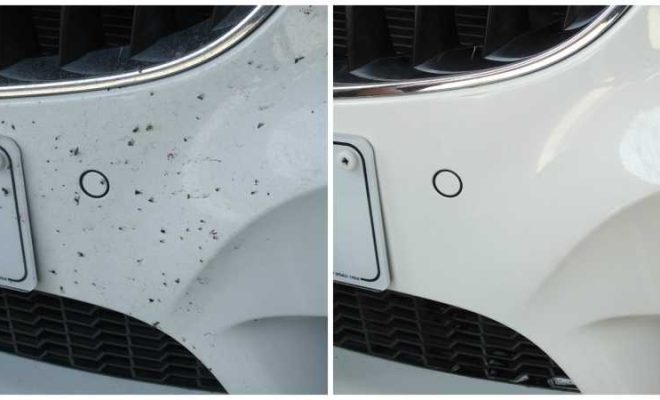Logan Paul was scammed on $3.5 million of fake Pokemon cards
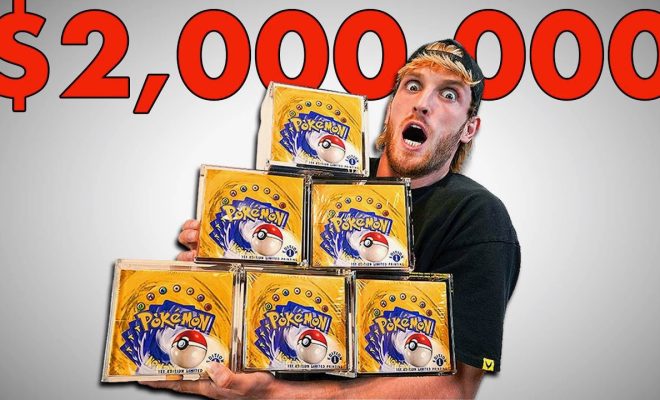
In a shocking turn of events, popular YouTuber and influencer Logan Paul has fallen victim to a scam involving $3.5 million worth of fake Pokémon cards. The internet celebrity, known for his interest in the world of Pokémon card collecting and trading, was recently deceived into purchasing what he believed to be a rare, first-edition box of cards.
The purchase came after months of excitement and anticipation amongst Logan’s viewers and followers. The unboxing event was planned to be live-streamed on his YouTube channel, potentially showcasing incredibly valuable and rare Pokémon cards to millions of viewers. Alt texts=Logan Paul exhibiting the fake Pokémon cards
Unfortunately, when the time came to open the box, it became evident that the contents were not as genuine as they seemed. Instead of the highly sought-after first-edition cards, Logan discovered that he had been duped by a fraudulent seller who had made off with a fortune in exchange for counterfeit goods.
It remains unclear how he fell for this scam given his extensive experience in the community. Many speculate that it could have stemmed from a lack of proper authentication or verification during the purchase process. Others chalk it up to bad luck and unfortunate timing.
This incident has sent shock waves through the entire Pokémon card collecting community, exposing the ever-present risk of scams and fraud when dealing in these highly valuable collectible items. As prices for rare and valuable cards have soared during recent years, new collectors have entered into the realm with legitimate interest, while fraudulent sellers have taken advantage of their innocence and excitement.
As Logan Paul recovers from this unexpected setback, many are wondering what impact this will have on his continued involvement in the world of Pokémon cards. It also serves as a cautionary tale for both novice collectors and experienced enthusiasts alike, highlighting the importance of thorough research before making any significant investments in collectibles.
To avoid falling prey to a similar scam, potential buyers should always insist on examining or having the cards authenticated by an expert before submitting payment. Additionally, purchasing from well-known and reputable dealers can reduce the likelihood of encountering counterfeit cards and scams.
In conclusion, Logan Paul’s $3.5 million scam serves as a stark reminder of the potential perils within the world of Pokémon card collecting. Both novice and experienced collectors should take heed and exercise caution when making any significant purchases in the future.

